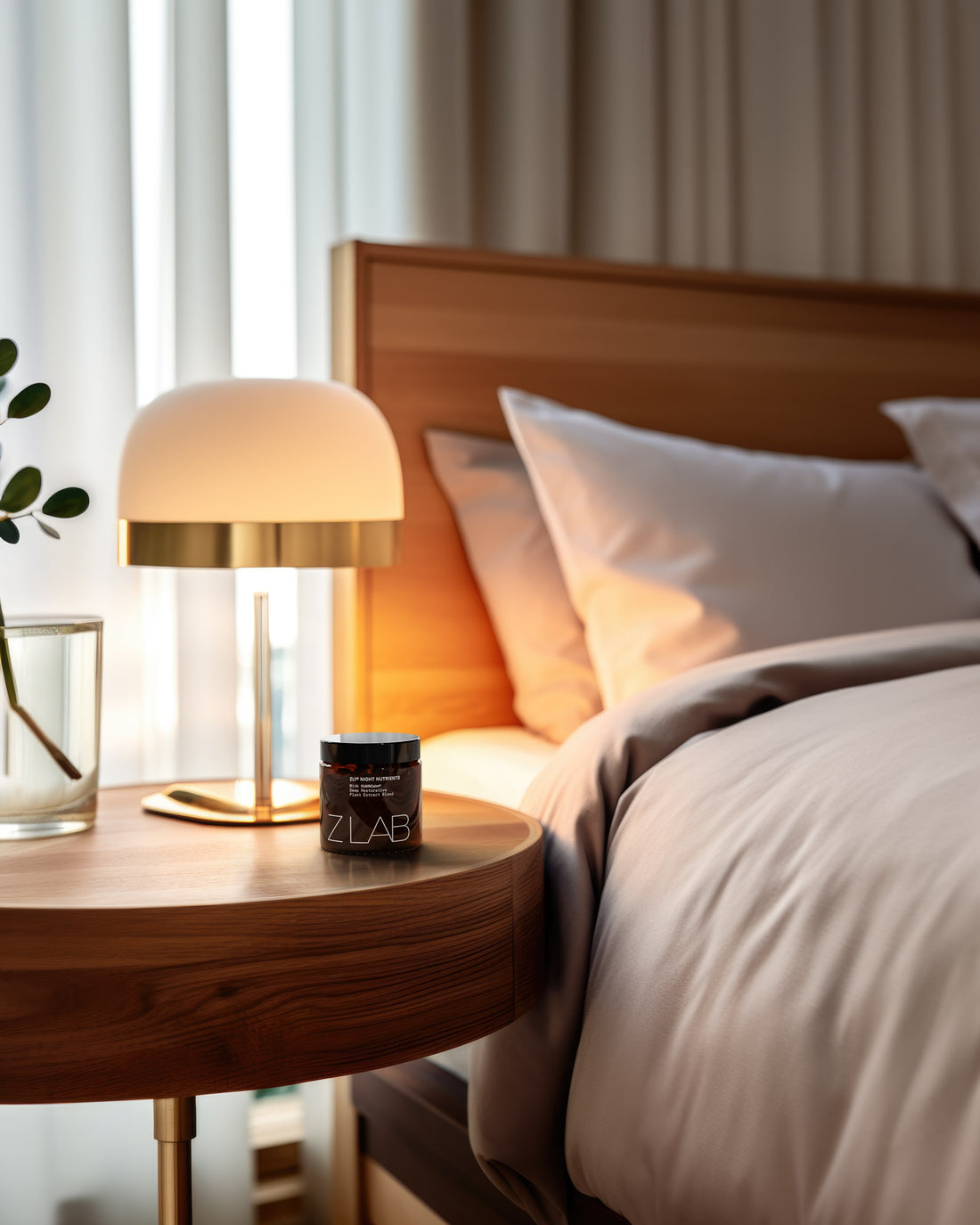
Ever experienced difficulty sleeping on the first night in a hotel?
You're not alone, and there's actually a term for it: the 'First Night Effect.' Discover how tossing and turning in a new environment is, to an extent, a well-intended and ancient self-preservation tool.
Understanding the 'First Night Effect'
This term describes the phenomenon where people experience difficulty falling asleep or do not sleep as deeply on their first night in a new place. Studies suggest that this effect stems from our brain's vigilance response to unfamiliar surroundings. During the first night, the left hemisphere of the brain remains more active than the right, serving as a sentinel. This asymmetrical alertness is thought to be an evolutionary trait, enabling us to react quickly to potential threats in unknown environments.
By the second night, this heightened state of alertness diminishes as both hemispheres of the brain engage in deeper, more synchronised sleep. This shift allows us to rest more comfortably, having acclimatised to our new surroundings.
A Blend of Psychology and Evolution
Tackling the 'First Night Effect' isn't just about physical comfort; it's deeply rooted in our psychology and evolutionary survival instincts. When we find ourselves in a new environment, our brain's alertness level kicks up a notch, a throwback to a time when staying vigilant was key to staying safe.
This ancient instinct can make relaxing into deep sleep more challenging, despite modern comforts. Techniques like breath work or meditation can help soothe this primal alertness, signalling to our minds that it's safe to let down our guard.

